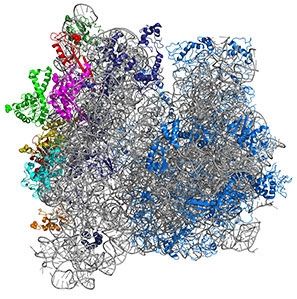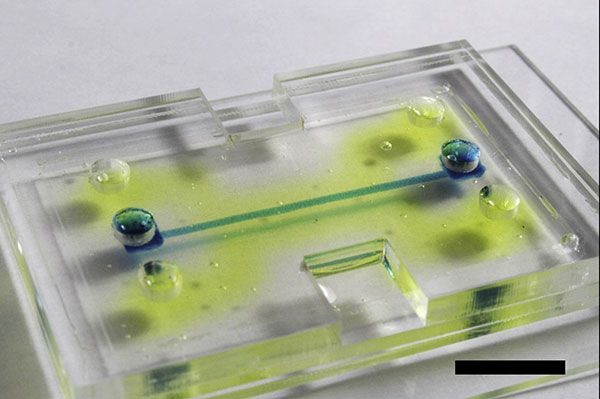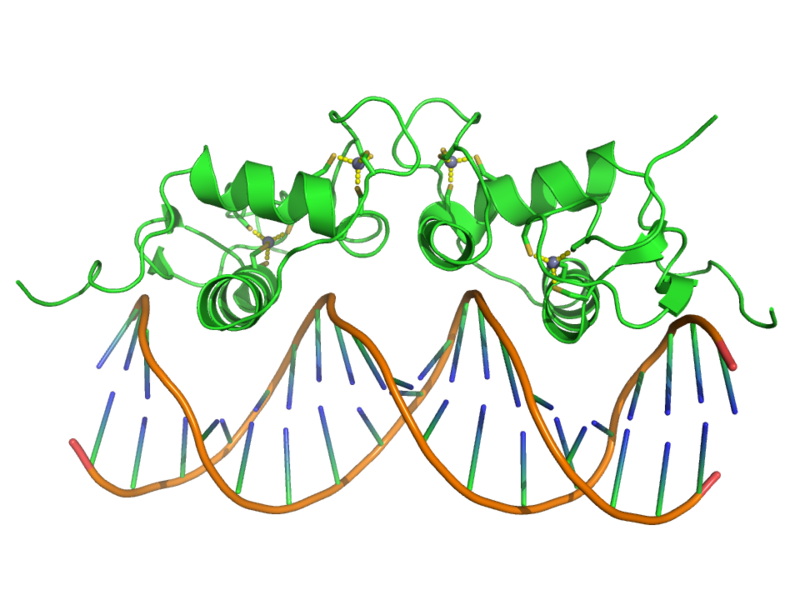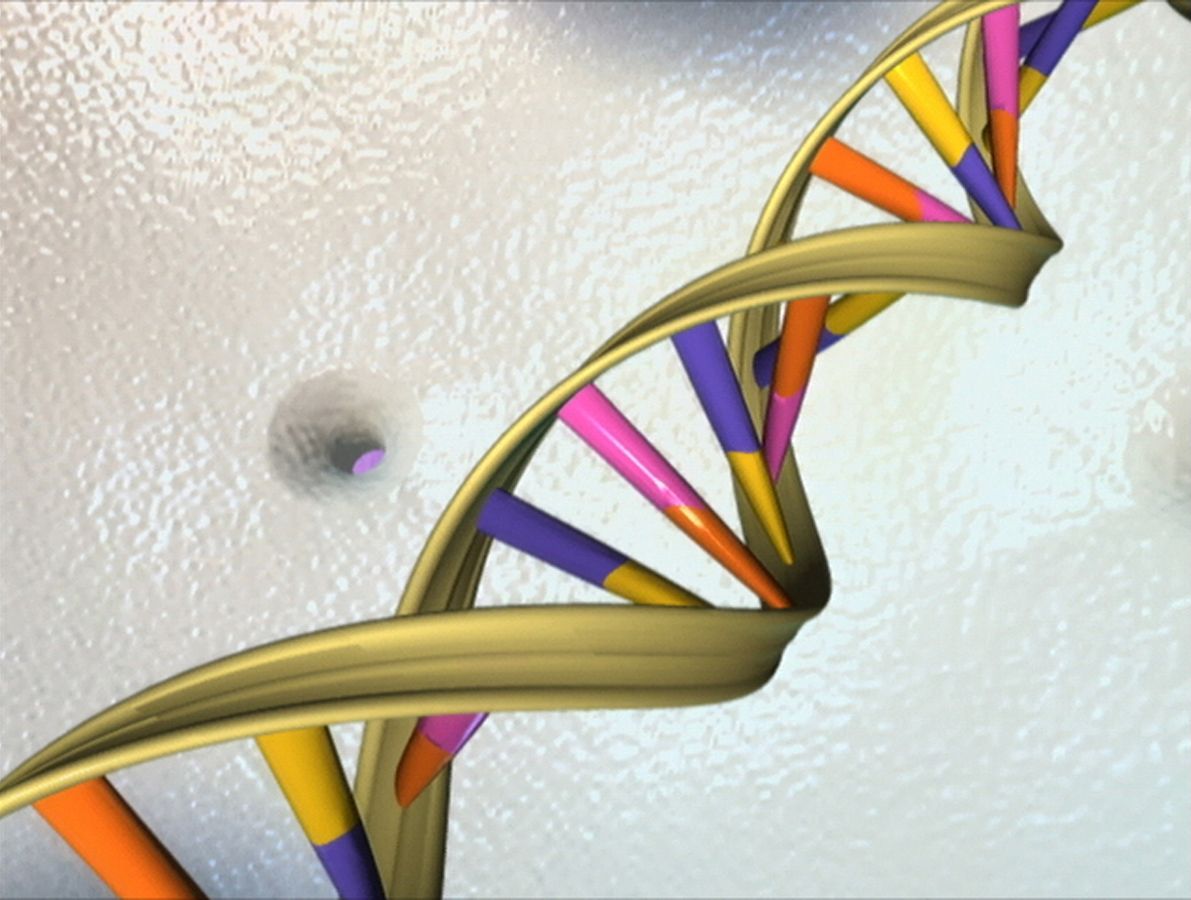Archive for the ‘bioengineering’ category: Page 204
Jul 14, 2016
Transhumanist Terminology
Posted by Shailesh Prasad in categories: bioengineering, computing, cryonics, cyborgs, encryption, existential risks, food, genetics, information science, life extension, nanotechnology, neuroscience, quantum physics, robotics/AI, singularity, transhumanism
Transhuman Terminology.
ADHOCRACY
AEONOMICS
A-LIFE
AGORIC SYSTEM
AI-COMPLETE ALEPH ALGERNON AMORTALIST ARACHNIOGRAPHY ARCH-ANARCHY ARCOLOGY ARROW IMPOSSIBILITY THEOREM ARTILECT ASEX ASIMORT ASIMOV ASSEMBLER ATHANASIA ATHANOPHY ATHEOSIS AUGMENT AUTOEVOLUTIONIST AUTOMATED ENGINEERING AUTOMORPHISM AUTOPOTENT AUTOSCIENT BABY UNIVERSE BASEMENT UNIVERSE BEAN DIP CATASTROPHE BEANSTALK BEKENSTEIN BOUND BERSERKER BETELGEUSE-BRAIN BIG CRUNCH BINERATOR BIOCHAUVINISM BIOLOGICAL FUNDAMENTALISM BIONICS BIONOMICS BIOPHILIAC BIOSTASIS B-LIFE BLIGHT BLIND UPLOADING BLUE GOO BOGOSITY FILTER BORGANISM BREAKEVEN POINT BROADCATCHING BRUTE FORCE UPLOADING BUSH ROBOT CALCUTTA SYNDROME CALM TECHNOLOGY CALORIE RESTRICTION CASIMIR EFFECT CEREBROSTHESIS CHINESE ROOM CHRONONAUTS CHURCH-TURING THESIS COBOTS COMPUFORM COMPUTRONIUM CONCENTRATED INTELLIGENCE CONSILIENCE CONNECTIONISM CONTELLIGENCE CONTINUITY IDENTITY THEORY COSMYTHOLOGY CRYOBIOLOGY CRYOCRASTINATE CRYOGENICS CRYONICS CRYONIC SUSPENSION CRYPTO ANARCHY CRYPTOCOSMOLOGY CYBERCIDE CYBERFICTION CYBERGNOSTICISM CYBERIAN CYBERNATE/CYBERNIZE CYBERSPACE/CYBERMATRIX CYBRARIAN CYPHERPUNK DEANIMALIZE DEATH FORWARD DEATHISM DEEP ANARCHY DEFLESH DIGITAL PSEUDONYM DIAMONDOID DISASSEMBLER DISASTERBATION DISTRIBUTED INTELLIGENCE DIVERGENT TRACK HYPOTHESIS DIVERSITY IQ DIVIDUALS DOOMSDAY ARGUMENT DOWNLOAD DRYWARE DUBIFIER DYSON SPHERE ECOCALYPSE ECTOGENESIS
EMBRYOMEME
EMULATION
ENHANCED REALITY
ENVIROCAPITALISM
EPHEMERALISTS
E-PRIME
ESCALATORLOGY
THE ETERNAL LIFE POSTULATE
EUPSYCHIA
EUTHENICS
EVOLUTIONARILY STABLE STRATEGY (ESS)
EVOLUTURE
EXCONOMICS
EXES
EXFORMATION
EXISTENTIAL TECHNOLOGY
EXOPHOBIA
EXOSELF
EXTROPIAN
EXTROPIATE
EXTROPIC
EXTROPOLIS
EXTROPY
FACULTATIVE ANAGOROBE
FAR EDGE PARTY
THE FERMI PARADOX
FEMTOTECHNOLOGY
FLATLANDER
FLUIDENTITY
FOGLET
FORK
FREDKIN’S PARADOX
FUNCTIONAL SOUP
FUTIQUE
FUTURE SHOCK
GALAXY BRAIN
GAUSSIAN
GENEGENEERING
GENETIC ALGORITHM
GENIE
GREEN GOO
GÖDEL’S THEOREM
GOLDEN GOO
GREAT FILTER, THE
GREY GOO
GUY FAWKES SCENARIO
HALLUCINOMEMIC
HIVE COMPUTING
HOMORPH
HPLD
HYPERTEXT
HYPONEIRIA
HYPOTECH
Jul 13, 2016
Repurposing the ribosome for synthetic biology
Posted by Karen Hurst in categories: bioengineering, biological, education, sustainability
Over the past several years, Northwestern Engineering’s Michael Jewett did the seemingly impossible. He overcame the critical barrier to making mutant ribosomes, the core catalyst in cells that are responsible for life.
Now, with funding from the Department of Defense’s Multidisciplinary University Research Initiatives (MURI) program, Jewett is ready to take this research to the next level. Along with a multi-school team, he plans to use engineer and repurpose the ribosome to make new kinds of polymers for flow batteries.
“We are in a new era of biomaterial design,” Jewett said. “So far, the ribosome has been this untouchable biomolecular machine — one that we couldn’t engineer or modify. Now, armed with recent advances in our ability to construct new versions, new applications may only be limited by our imagination.”
Continue reading “Repurposing the ribosome for synthetic biology” »
Jul 13, 2016
Soldiers Could Soon Be Wearing Body Armour Made From Genetically Engineered Spider Silk
Posted by Karen Hurst in categories: bioengineering, genetics
Jul 13, 2016
Kraig Biocraft Laboratories Announces Contract with U.S. Army to Deliver Dragon Silk
Posted by Klaus Baldauf in categories: bioengineering, military
ANN ARBOR, Mich., –July 12, 2016- Kraig Biocraft Laboratories, Inc. (OTCQB: KBLB) (“Company”), the leading developer of spider silk based fibers, today announced that it has received a contract valued at up to $1.0 million, if the option phase is awarded, for the development of high performance fibers for protective apparel applications. Under the fully funded base effort, valued at $99,962, the Company will deliver ballistic shoot packs constructed from its proprietary Dragon Silk™ material for performance testing. These shoot packs will be tested and evaluated for critical Soldier protective applications including ballistic impact. If awarded, the option phase will significantly expand this work with the US Army.
“Dragon Silk scores very highly in tensile strength and elasticity, which makes it one of the toughest fibers known to man and the ideal material for many applications,” stated Jon Rice, COO. “Providing material for this ballistic shoot pack initiative is an important next step for Kraig and spider silk. This contract reinforces the many significant potential applications for recombinant spider silk. Today is a great day for spider silk.”
“We’re proud to be working with the Department of Defense to assess the exciting potential of spider silk for military applications,” stated Kim K Thompson, CEO and founder of Kraig Biocraft Laboratories. “We are honored that the U.S. Army has selected us for this program. This effort will provide Kraig Labs with the opportunity to validate our longstanding belief that spider silk technology has had an incredible potential for protective and lifesaving materials and expand our ability to design and engineer innovative materials solutions.”
Jul 12, 2016
Microfluidic Chips Made of Silk Replicate Human Tissues for Drug Testing, Implantable Applications
Posted by Karen Hurst in categories: bioengineering, biotech/medical, computing
At the National Institute of Biomedical Imaging and Bioengineering (NIBIB) and Tufts University a team has developed a microfluidic chip that mimics human tissue for use in drug testing applications. The chip is based on a silk gel that overcomes the limitations of polydimethylsiloxane (PDMS), a silicon material widely used to host living cells within microfluidic devices. As an example, PDMS has problems handling lipids, absorbing them instead of letting them move freely along with other nearby compounds and so not applicable with lipid-based compounds. Additionally, PDMS is not biodegradable and so a small device based on it can’t easily be used as an implantable. Silk, on the other hand, just needed a bit of engineering to make a candidate that overcomes many of PDMS’s limitations.
Jul 12, 2016
From Plough to Pipette
Posted by Karen Hurst in categories: bioengineering, biological, food
In part 2 of our plant synthetic biology series we teamed up with Cameron Tout of the Legume Laboratory blog to introduce some of the tools of plant synbio and how these are being applied to agriculture.
Over 9000 years ago the first domesticated varieties of wheat were created in South West Asia. What was remarkable about these plants is that they were selected by humans to retain their seeds rather than dispersing them by wind. This meant that wheat became dependent on farmers for propagation, but allowed people to harvest grain without the pods shattering in their hands.
Since then, humans have been modifying plants in ever more sophisticated ways, the 20th century saw the introduction of mutation breeding and hybrid technology, resulting in massive gains in crop yields.
Jul 11, 2016
Meet the First Artificial Animal
Posted by Sean Brazell in categories: 3D printing, bioengineering, genetics, robotics/AI
Scientists genetically engineered and 3D-printed a biohybrid being, opening the door further for lifelike robots and artificial intelligence.
By Lisa Calhoun
Jul 11, 2016
FDA study using genetically engineered cells to treat cancer kills three people
Posted by Karen Hurst in categories: bioengineering, biotech/medical, genetics, neuroscience
(NaturalNews) Earlier this month, Juno Therapeutics, a pioneer in the field of treating cancer using genetically engineered cells, had to halt the development of its lead treatment after the death of three leukemia patients enrolled in the study.
The Seattle-based biotech company reported that the deaths of all three patients, who were in their 20s, were linked to swelling in the brain. The swelling occurred after the company added a second chemotherapy drug to the treatment procedure.
The news of the patient deaths is a big blow for the biotech startup that is developing a new experimental therapy known as chimeric antigen receptor T-cell (or CART) immunotherapy. The setback will likely delay the company’s aim of introducing it to the market by 2017, Juno executives said in a conference.
Continue reading “FDA study using genetically engineered cells to treat cancer kills three people” »


















